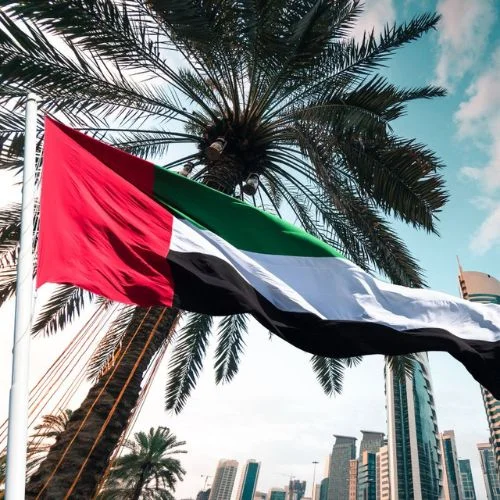Earlier in 2023, the firm cut its workforce by 12%, and it now employs around 550 people. Operating revenue and cash on hand provide CoinDCX with a five-year “runway,” according to Gupta.
According to CoinDCX, a local exchange valued at more than $2 billion before the charge was implemented, a tax that decimated digital-asset trade in India has proven unproductive and should be reduced.
The country imposed a 1% TDS tax on cryptocurrency transactions 16 months ago, claiming that the intention was to track buying and selling rather than to collect income. However, the charge drove 95% of Indian trading volumes to offshore platforms, which are harder for local regulators to oversee, according to CoinDCX Chief Executive Officer Sumit Gupta.
“The entire purpose of the TDS was to track and trace transactions, but that is being defeated,” Gupta said in an interview, adding that he expects the government will cut the tax over time as it recognizes the issue.
Due to the fee, market makers left Indian exchanges, sapping liquidity and discouraging trade. Local platforms remain dormant, even as Bitcoin’s recovery from the crypto panic of 2022 boosts volumes elsewhere in the world.
Waiting for Change
With the assistance of international organizations, India has asked for a globally coordinated approach to crypto regulations. Gupta predicted that greater regulatory certainty will be available by the end of 2025, following the country’s general election in 2024.
The Finance Ministry of India did not reply to emails and text messages requesting comment on the country’s cryptocurrency tax policy.
CoinDCX announced a $135 million investment round headed by Pantera Capital and Steadview Capital Management LLC in April of last year, valuing the company at $2.15 billion. The 1% TDS will be implemented in India beginning in July 2022.
According to Gupta, revenues at CoinDCX are one-third of what they were previous to the tax adjustment, and compliance costs have increased since India implemented anti-money laundering regulations to the crypto business.
Earlier in 2023, the firm cut its workforce by 12%, and it now employs around 550 people. Operating revenue and cash on hand provide CoinDCX with a five-year “runway,” according to Gupta.
Jurisdictions like as Hong Kong, Dubai, and the European Union have jumped ahead of India in developing crypto frameworks to safeguard investors and give clarity for digital-asset businesses, some of which are trying to grow outside of the United States after authorities cracked down there.
While activity on Indian exchanges like as CoinDCX has dwindled, data from Chainalysis reveals that the country is still embracing crypto through alternative ways, such as offshore trading or blockchain-based financial services such as loans. According to Chainalysis, India received nearly $250 billion in crypto in the year through June, second only to the US total of more than $1 trillion.
CoinDCX, like other Indian digital-asset exchanges, is attempting to diversify revenue streams by expanding into new ventures or going outside.
The firm recently led an investment round in BitOasis, a crypto platform focusing on nations such as the UAE, Saudi Arabia, Bahrain, and Kuwait. CoinDCX is also developing Okto, a crypto wallet that will allow currency holders to dig further into decentralized finance.
“Okto is a growth area we are investing in as we want to see how we can bring web3 to life,” Gupta said in a statement. The phrase “web3” refers to a concept of a decentralized internet based on blockchain technology.















